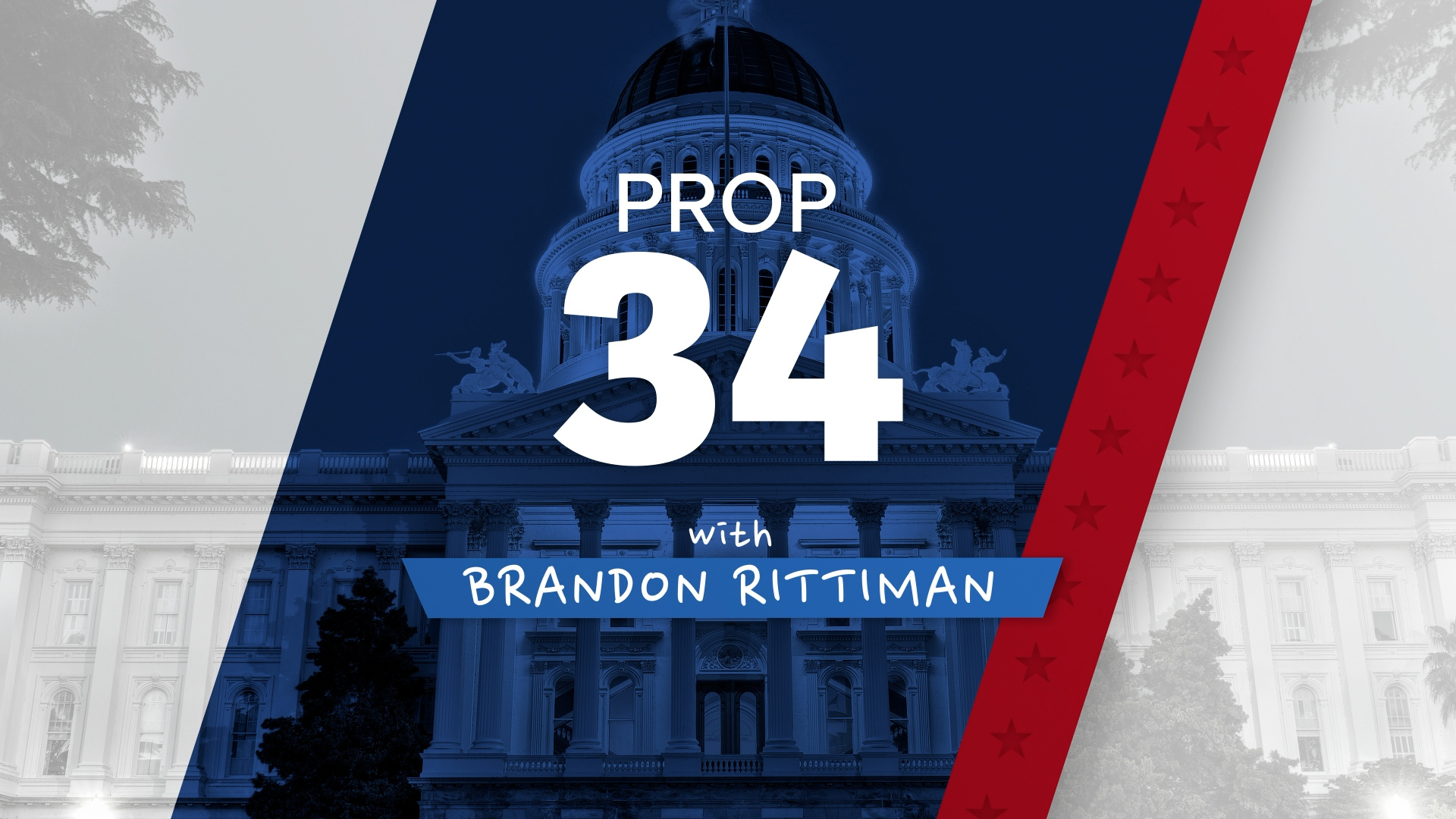CALIFORNIA, USA — Since 1992, federal law has given health care providers a deal: Serve low-income and at-risk patients and get a discount on pharmaceuticals.
Providers that make use of this program can turn around and sell those drugs at retail rates. Their profits can then be used to expand their healthcare services to disadvantaged groups.
Proposition 34 would require some California providers to spend at least 98% of that net drug sale revenue on “direct patient care.” Providers that don’t risk having their state license and tax-exempt status revoked and losing out on government contracts.
But the proposition doesn’t apply to all providers — only those that spend at least $100 million on expenses other than direct care, that also own and operate apartment buildings and that have racked up at least 500 severe health and safety violations in the last decade.
As far as anyone can tell, that only applies to one organization: The AIDS Healthcare Foundation.
The measure would also put into law a Newsom administration policy that requires all state agencies to negotiate for lower drug prices as a single entity.
Why is it on the ballot?
The short answer is that a lot of politicians and housing interest groups really don’t like Michael Weinstein.
Weinstein is the longtime president of the Los Angeles-based AIDS Healthcare Foundation, which operates HIV/AIDS clinics in 15 states. Under his leadership, the foundation has also become a major player in state and local housing politics. It has poured tens of millions of dollars into two unsuccessful statewide rent control measures (Prop. 33 on this year’s ballot is round three). It has aggressively lobbied and campaigned against legislation requiring local governments to permit denser housing, at one point likening a bill authored by San Francisco state Sen. Scott Wiener to “negro removal.” In 2017, the foundation backed a partial moratorium on development in Los Angeles and sued to halt construction on residential highrises. Along the way, the foundation has amassed a sizable portfolio of rental properties in LA’s Skid Row that have been saddled with habitability and health complaints.
Though Weinstein has plenty of political foes, a familiar one is funding this initiative: The California Apartment Association, the state’s premier landlord lobby and a major opponent of rent control.
WATCH ALSO:



















